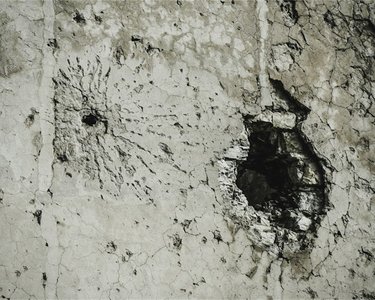What is the innovation?
Estimating mortality associated with a humanitarian crisis is critical to assessing needs objectively, and key for evaluating humanitarian responses. Many humanitarians consider mortality estimation to be among the most significant metrics to define the severity and magnitude of a crisis, and a critical measure for tracking the impact of humanitarian responses.
Why do we need to innovate?
In practice mortality estimation is rarely accurate or comprehensive in crisis-affected settings, if attempted at all. Commonly, mortality estimates are met with methodological critiques of validity and there is little consensus on how reliable estimates are. Consequently, mortality evidence is frequently contested and viewed as lacking sufficient rigour and credibility to reliably guide if, when and how to respond to a crisis.
While a range of actors have been developing robust approaches over the past decade, only a small number of research groups, academic and operational, exist with the expertise and capacity to estimate mortality in crises settings, particularly in low- and middle-income countries.
What is the opportunity?
There is an opportunity and need to develop a systematic strengthening of mortality evidence generation and uptake in humanitarian settings. We are working in partnership with existing and new initiatives to strengthen the humanitarian sector's mortality data collection, uptake and integration. There is great potential for local and international humanitarian actors to strengthen their capacity to undertake and utilise mortality evidence to guide programmes, ultimately making crises response and aid more effective. A multi-disciplinary consortium of London School of Hygiene and Tropical Medicine, SIMAD University and Evidence for Change (e4c) will deliver:
- Qualitative study on global perceptions of mortality evidence
- Case studies exploring lessons learned, and use and impact of mortality estimates
- Governance mechanisms for systematic mortality evidence and uptake mapping
- Exploratory building of a mortality Data Repository
Get in touch
Please contact us if you would like to find out more about the development of this work.
